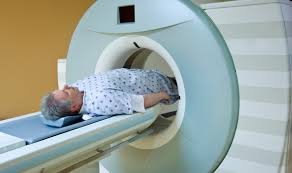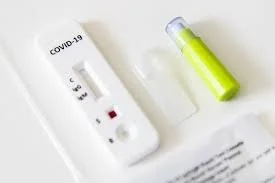HIPAA rules bar "covered entities" such as medical practices and hospitals from disclosing our protected health information without first receiving our consent. But for data generated outside the covered entities, there aren't any HIPA protections. Without HIPA protection, we are primarily on our own concerning understanding how companies utilize our personal and health data when we are on social media.
Analysis Finds Timing of ADT with Radiation Impacts Outcomes in Localized Prostate Cancer
Obtaining Mental Health Services When You Have Cancer
At Cancer ABCs, we understand that cancer diagnosis and treatment are emotionally draining for all. Depression and anxiety are more prevalent in the cancer community, which often impacts treatment outcomes. Depression, anxiety, and fear can make it difficult for patients to participate in therapy, adhere to treatment regimens, and even participate in life. Patients facing mental health issues may have difficulty maintaining a healthy lifestyle, impacting how well cancer therapies work.
Medicare Open Enrollment Approaches
A New Standard of Care After Prostate Surgery
Hormone Therapy Plus Radiotherapy Improves Survival in Men with Localized Prostate Cancer
Free COVID-19 Tests for Medicare Advantage and Part B Participants
The Role of Vitamin D and BMI in Advanced Cancer Risk
To Radiate After Surgery, That Is The Question
Body Weight in Prostate Cancer: Changing the Scales for Outcomes?
Risk of Second Cancers Following Radiation Therapy
Mediterranean Diet Might Benefit Some Men on Active Surveillance
Study Confirms Hydrogel Spacer May Reduce Rectal Irradiation in Radiation Therapy for Prostate Cancer
Vascular-Targeted Photodynamic Therapy (VTP) Reduces Disease Progression In Low-Risk Prostate Cancer
After five years, a higher proportion of the participating men in the active surveillance group (68%) were found to experience a disease progression event compared with the VTP-treated patients (38%).
The median time to disease progression of 13.8 months among men in the active surveillance arm, but in the VTM arm, there is still has not been a period reached.
What is Perineural Invasion (PNI)?
Prazosin Might Reduce the Risk of Biochemical Recurrence of Prostate Cancer Following Radiotherapy
The drug Prazosin is sometimes used to manage lower urinary tract symptoms (LUTS) experienced by men receiving radiotherapy for localized prostate cancer. There is evidence that some alpha1-adrenoceptor antagonists such as Prazosin reduce prostate cancer incidence and increase apoptosis in the prostate. A study also demonstrated that these drugs can reduce the recurrence rate of prostate cancer in men having radiotherapy.
Surgery Leads to Better Survival vs. Radiation
Radiation Therapy During COVID-19 Pandemic
A panel of top radiation oncologists in the US and the UK has addressed the question of putting off or shortening various kinds of radiation treatment (RT) for prostate cancer at a time when it is best to maintain distance from institutions that treat patients.






















